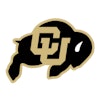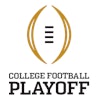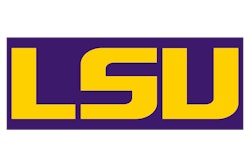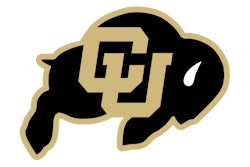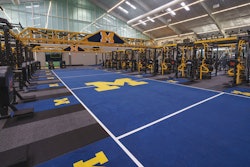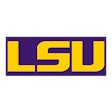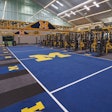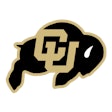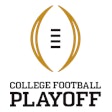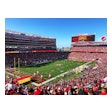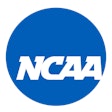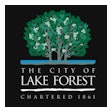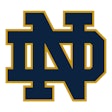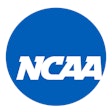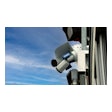Copyright 2017 The Deseret News Publishing Co.
Deseret Morning News (Salt Lake City)
WEST VALLEY CITY - As the 16 players on the field take a break in between plays at their first practice together, the nearly 20 observers in the stands - comprising mainly team executives and media members - are glued to their phones. This isn't just another case of people looking for something to keep them entertained during breaks in play, because what people are tapping on their phones right now will have an actual, tangible impact on the game unfolding in front of them.
Since the beginning of sport, fans have analyzed the games, studied the rosters, and second-guessed the coaches, but fans had no control over the game.
Until now.
See, what the 20 people at the Maverik Center were looking at on their phones wasn't Twitter or Instagram, it was a selection of six offensive football plays. Everyone in the audience helped select the play they wanted the team to run, and the play that got the majority of the votes - in this case, Dragon Spin 21L - was then called, in real life and in real time.
Enter the Salt Lake Screaming Eagles, the newest franchise in the Indoor Football League (IFL). Unlike almost every other franchise in sports, this one is almost completely fan-run.
Fans voted on the location of the newest IFL franchise (Salt Lake beat out Oklahoma City), the name of the team (Screaming Eagles, a nod to Utah's 101st Airborne Division of the same name, beat out Stormin' Mormons and Teamy McTeamface), what concessions to serve (chili dog was the favorite), the team uniforms, and fans even selected the team's head coach, William McCarthy.
Fans also created the Screaming Eagles' logo.
The Screaming Eagles will be the second arena football franchise in the state's history. The first was the Utah Blaze of the Arena Football League, which operated from 2006-2013. The Blaze drew an average of 15,463 fans per game in its first year.
Screaming Eagles president Thom Carter has seen some of those same Blaze fans embrace the team, even before it has played a down of football.
"The AFL team that was here, the Blaze, was a good team, a successful team, they had some unbelievably great fans," Carter said. "We've seen those same fans embrace what we're doing."
Fans of the Blaze will feel at home with the IFL brand.
"What you see on the field is going to be similar - an 8-on-8 game, a high-speed game, but what happens in the back office is different," Carter said.
The Screaming Eagles are owned by an ownership group led by Sohrob Farudi, a tech entrepreneur and die-hard Dallas Cowboys fan.
"You're always yelling at the screen, 'You should have called that, you should have drafted that,' " Farudi said. "We were in the mobile space, huge Madden players, fantasy players, and as we saw mobile really advance, the thought was, 'Why not?' Why can't fans have a voice?"
Fueled by the idea of a fan-run football franchise, Farudi and five other co-owners, including Patrick Dees and former Chicago Bear player Ray Austin, purchased an IFL franchise and started letting fans vote on crucial decisions.
The most unique aspect of the entire operation is the decision to let fans call the plays.
Here's how it works: the IFL has a 25-second play clock. Fans have 15 seconds to vote for the play they want to see run, then the play is called into the huddle, where the players have 10 seconds to hike the ball and execute the play. Fans won't have access to the entire playbook - no Hail Marys from the team's own 1-yard line - but will be able to choose plays based on the situation.
Unlike the walk-through the media witnessed, in actual game play all fans' votes won't count the same. Fans earn something called FanIQ, from taking quizzes to prove their knowledge of the game, to reading articles about indoor football. The higher your FanIQ, the more your vote counts in play calling.
"Our goal is not triple-reverses and Hail Marys every play, our goal is to put fans in a position to win," Farudi said. "We're serious about football; these guys are pros, they played in the highest level in college. We can't make a mockery of the sport."
The Screaming Eagles have spent $100,000 to upgrade the Maverik Center's Wi-Fi, so fans will be able to get their plays in on time.
In practice, after Farudi and Dees called a play for the first time and saw it executed on the field, they screamed, jumped up and down and high-fived. The players came over to the wall and thanked them for calling the right play.
The play-calling system went off without much trouble in practice, but can it truly work with thousands of people in the stands in a real-life game?
The answer will come Thursday night, when the Screaming Eagles host the Nebraska Danger in the team's inaugural game at 7 p.m.
Read More of Today's AB Headlines
Subscribe to Our Daily E-Newsletter
Terms and Conditions Privacy Policy










